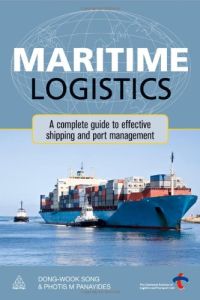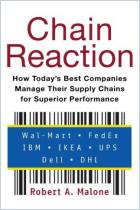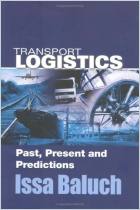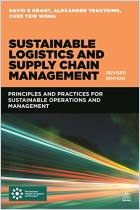
Maritime Logistics
A complete guide to effective shipping and port management
Recommendation
Without maritime transport, the global economy would be dead in the water. And without maritime logistics, maritime transport would be grossly inefficient. The cost of all goods shipped by seaborne transportation – which is just about everything – would skyrocket. Distinguished maritime logistics scholars Dong-Wook Song and Photis M. Panayides have compiled essays by expert academics covering transport and shipping economics, maritime business administration, transport research, international logistics, supply chains and related fields. While this is a specialized book for scholars and those who understand the mathematical mechanisms behind maritime logistics – like “discriminant validity,” “structural equation modeling multivariate non-normality” and “squared interconstruct correlations” – readers who can’t decipher these dry, relatively rarefied concepts can skip them and still come away with a workable, in-depth understanding of maritime logistics. The text, while academic and sometimes a bit repetitive, is a true insiders’ manual. getAbstract recommends these astute essays to logistics managers and anyone who needs to learn about maritime transport.
Summary
About the Authors
Dong-Wook Song is a lecturer in maritime logistics at the Logistics Research Center at Heriot-Watt University in Scotland. Photis M. Panayides is an associate professor in shipping economics at the Cyprus University of Technology in Cyprus.












Comment on this summary